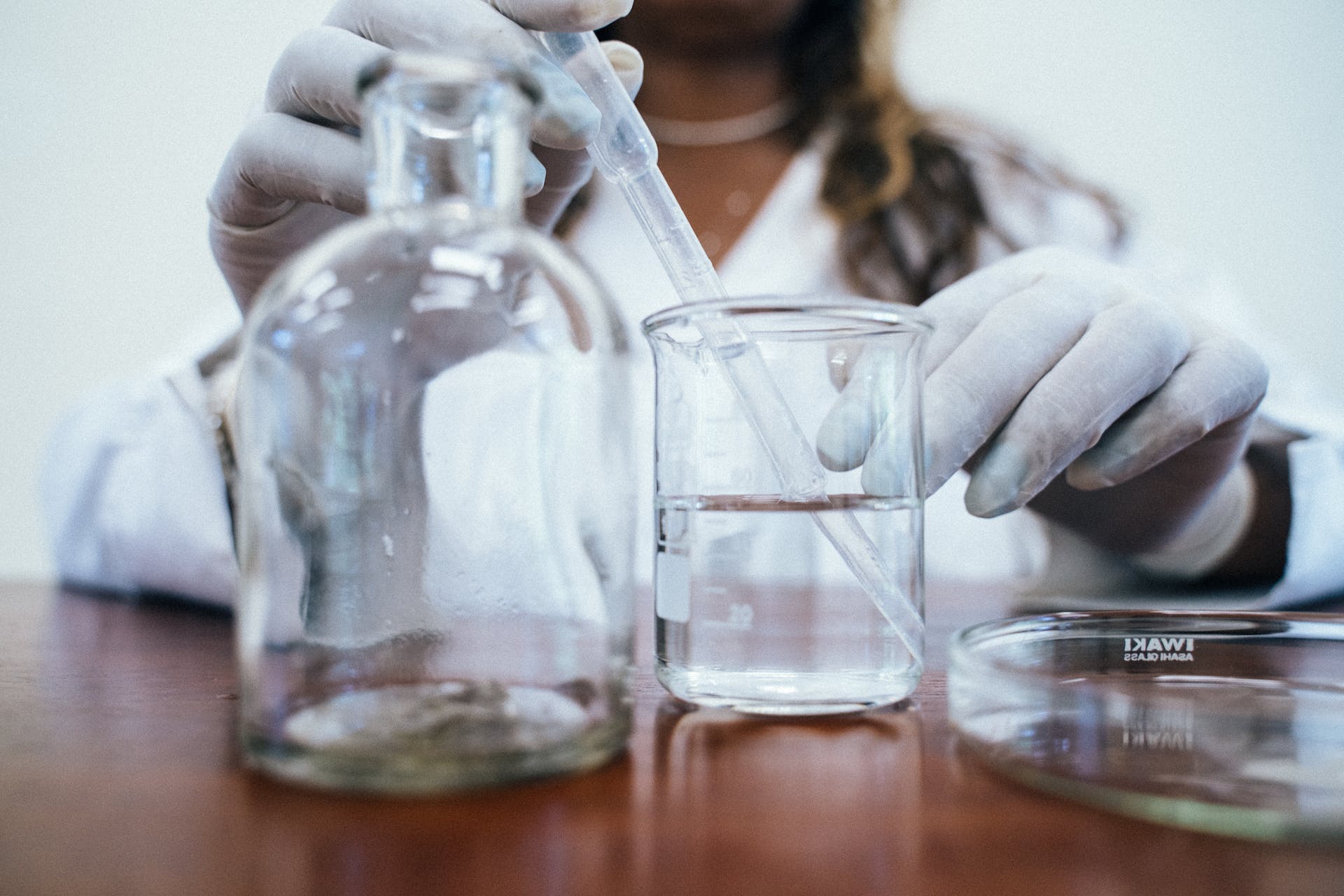In an era where environmental consciousness is paramount, industries and businesses are increasingly adopting sustainable practices. Among these, wastewater testing is crucial for safeguarding the environment, ensuring regulatory compliance, enhancing operational efficiency, achieving economic benefits, protecting public health, upholding corporate responsibility, and managing risks. This comprehensive guide delves into the importance of wastewater testing and its multifaceted benefits.
Environmental Protection
Pollution Control
Industrial processes often generate wastewater containing pollutants such as heavy metals, toxic chemicals, and organic compounds. If left untreated, this wastewater can harm aquatic ecosystems and degrade water quality. Regular wastewater testing enables industries to monitor and manage these contaminants, ensuring compliance with environmental standards and reducing their ecological footprint.
Ecosystem Health
Healthy ecosystems are vital for biodiversity. Properly treated wastewater supports natural processes that sustain aquatic life. By adhering to rigorous wastewater testing protocols, businesses can help preserve these essential ecosystems.
Regulatory Compliance
Legal Requirements
Strict regulations govern wastewater discharge worldwide to protect water resources. Industries must comply with these regulations to avoid fines, legal actions, or operational shutdowns. Wastewater testing provides the necessary data to demonstrate adherence to legal standards, ensuring businesses remain compliant.
Permitting
Discharge permits, essential for legal operations, often require regular testing and reporting of wastewater quality. Consistent wastewater testing helps businesses maintain these permits and avoid operational disruptions.
Operational Efficiency
Process Optimization
Regular wastewater testing helps identify inefficiencies in industrial processes that contribute to waste production. By pinpointing these issues, businesses can implement improvements to reduce waste generation and enhance operational efficiency.
Equipment Maintenance
Contaminants in wastewater can damage treatment facilities and equipment. Early detection through testing helps prevent costly repairs and downtime, ensuring equipment operates smoothly and efficiently.
Economic Benefits
Cost Savings
Effective wastewater management can lead to substantial cost savings. By optimizing water usage and improving treatment processes, businesses can reduce expenses related to water procurement, treatment, and disposal. Avoiding regulatory fines and legal fees associated with non-compliance further enhances cost-efficiency.
Resource Recovery
Advanced wastewater testing can uncover opportunities for resource recovery. Industries can reclaim valuable materials, energy, or water from their wastewater, turning waste into a resource. This not only reduces environmental impact but also creates additional revenue streams.
Public Health and Safety
Hazard Mitigation
Properly treated wastewater reduces the risk of spreading diseases and exposure to hazardous substances, protecting the health of employees, customers, and the surrounding community. Regular testing ensures harmful contaminants are effectively removed from wastewater.
Drinking Water Protection
Preventing contamination of surface and groundwater sources is essential for ensuring safe drinking water supplies. By adhering to strict wastewater testing and treatment protocols, industries help safeguard public health and maintain local water quality.
Corporate Responsibility and Reputation
Sustainability Goals
Many companies are committed to sustainability initiatives that include responsible water management. Wastewater testing supports these goals by providing data to track progress and make informed decisions about water use and treatment practices.
Public Image
Businesses that manage their wastewater responsibly are viewed more favorably by the public and stakeholders. Demonstrating a commitment to environmental stewardship through regular testing and compliance enhances a company’s reputation and brand value.
Risk Management
Liability Reduction
Proper testing and treatment of wastewater reduce the risk of accidental releases or spills that can lead to costly clean-up operations and liability claims. Proactively managing wastewater helps businesses mitigate potential risks and avoid significant financial losses.
Insurance
Effective wastewater management can lower insurance premiums and improve coverage terms. Insurers are more likely to offer favorable terms to businesses that proactively manage and mitigate risks associated with wastewater.
Conclusion
Wastewater testing is a crucial practice for industries and businesses. It ensures environmental protection, regulatory compliance, operational efficiency, economic benefits, public health, corporate responsibility, and risk management. By investing in comprehensive wastewater testing and treatment processes, companies can meet legal and ethical obligations while gaining a competitive edge in today’s environmentally conscious market. Sustainable wastewater management is not just a regulatory requirement but a strategic decision that benefits businesses, communities, and the planet.


Leave a Reply